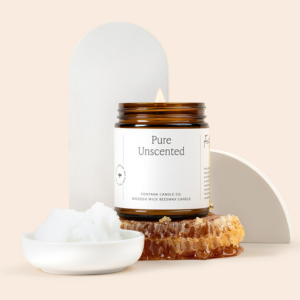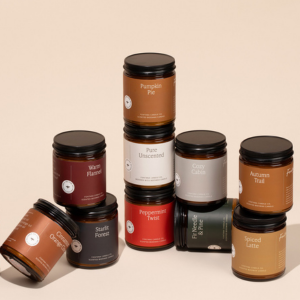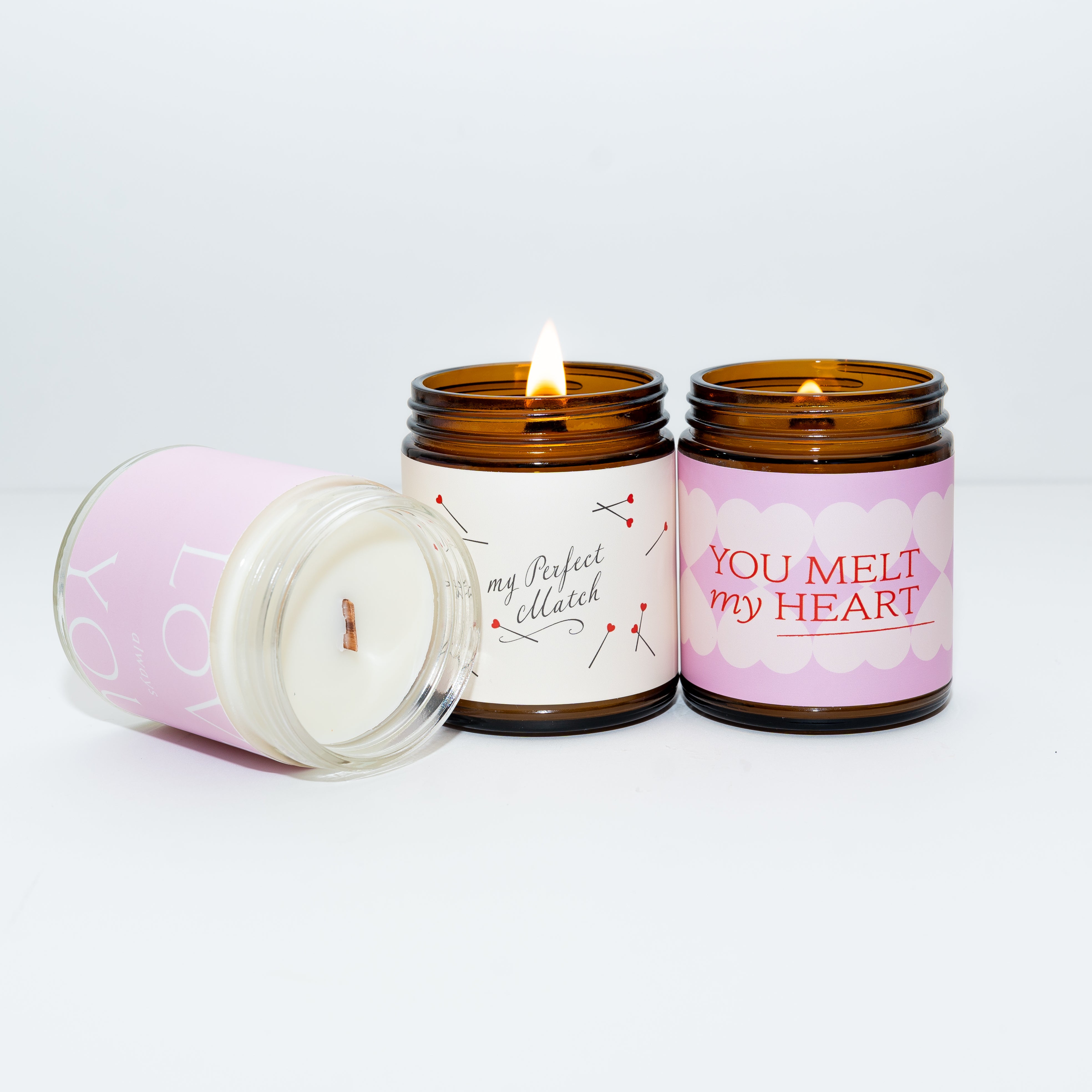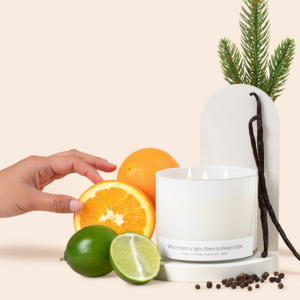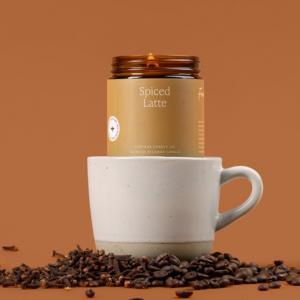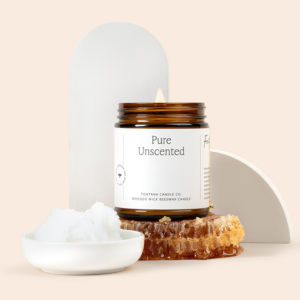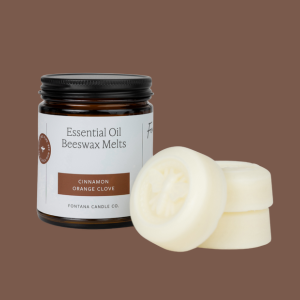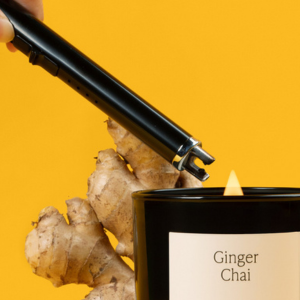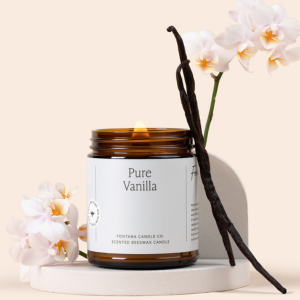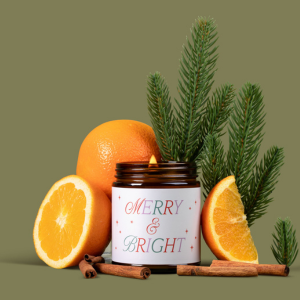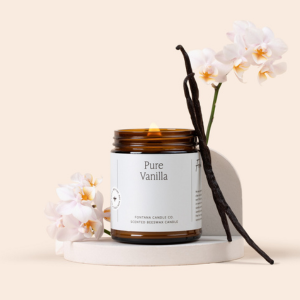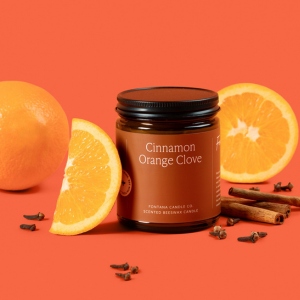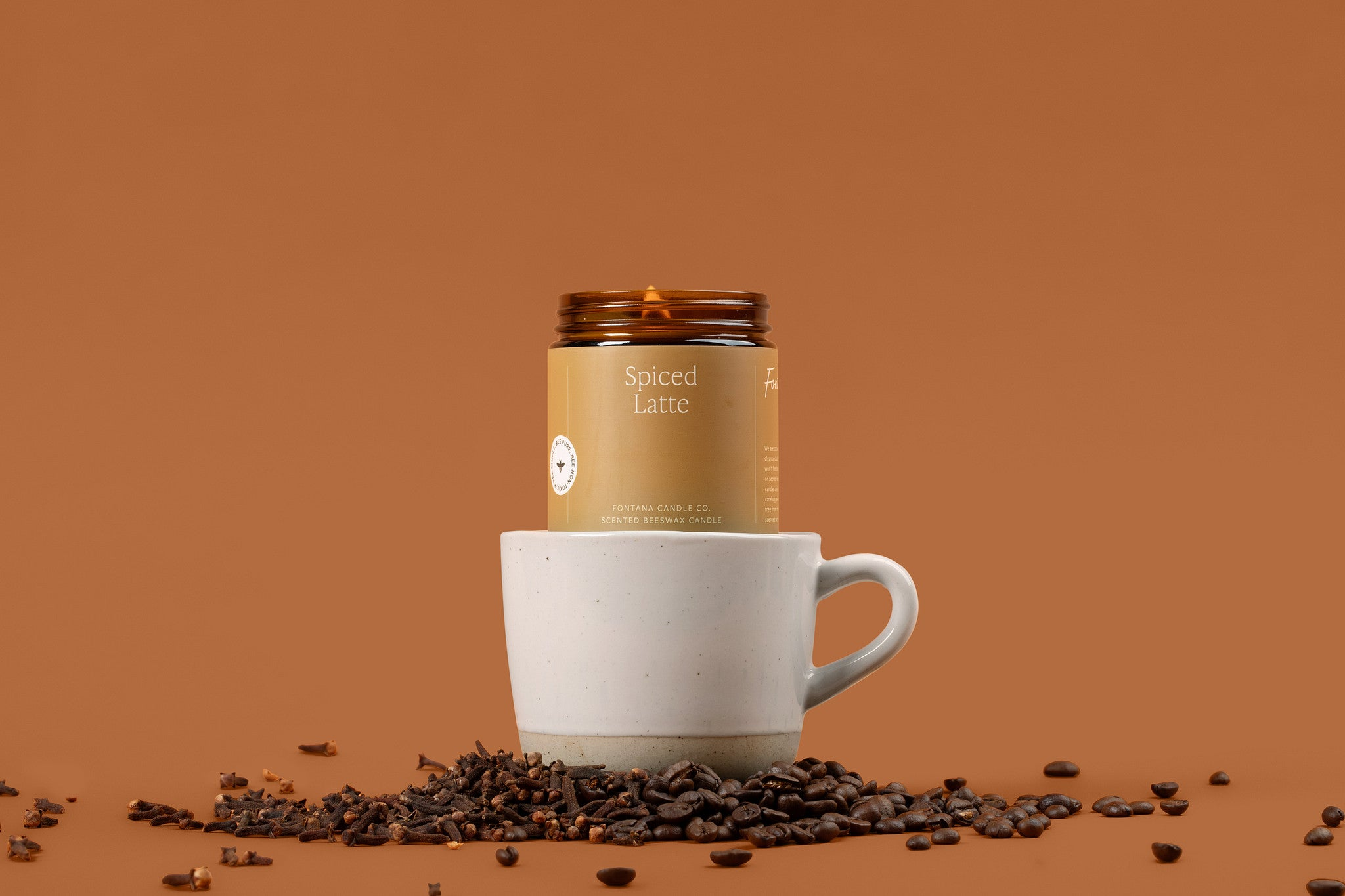Fontana Comes Clean Q&A: Why we don't use Organic Beeswax & Coconut Oil

Welcome to "Fontana Comes Clean" where our Founders answer your burning questions. (pun intended)!
The one question we get is why don't we use organic beeswax and coconut oil in our candles and wax melts?
We believe in avoiding pesticides as much as possible, and we personally buy organic produce as much as possible. However, cost considerations do come into play both in our personal life and in operating Fontana. Certified organic can be very expensive. This is where we believe it is important to do a cost-benefit analysis.
Some fruits and vegetables are less likely to be contaminated with pesticide residues, so you can feel good about buying them conventional if you are trying to stick to a budget.
We've all heard of the EWG Clean Fifteen and know we don't need to buy organic avocados, pineapple, onions, watermelon, and a few others.
We can also add beeswax and coconut oil to the list of ingredients we do not need to purchase organic.
So why do we feel confident skipping the organic beeswax?
Like many terms, the term ‘organic’ is unregulated for beeswax. Truly organic beeswax is difficult to obtain for a number of reasons: Because bees are free-roaming and can travel up to 8 miles to collect honey, it is extraordinarily difficult to keep them away from plants that have pesticides.
It is also common practice in the beekeeper community to use starter hives, containing some wax in order for the colony to become established. Beeswax is able to retain pesticides for years after use, so even if the beekeeper is “organic” themselves, it is likely their hive still contains pesticides from the wax in the starter hive.
Finally, the Varroa mite is a major pest concern for beehives in the United States, and there are currently no natural alternatives to treating it. Mites at some level are present in almost all American hives, and can wipe out the entire hive if untreated.
We believe it is more important to look at how beeswax is sourced and how it is processed, versus whether it is organic. It is extremely difficult to maintain a healthy hive under organic practices; some beekeepers go as far as saying it becomes a choice between organic certification, and the death of the hive.
So why do we feel confident skipping the organic coconut oil?
The refinement process is much more significant to the quality of the coconut oil than whether the coconut itself was organic or inorganic. Coconut oil and coconut flesh typically pick up toxins while in the drying or refining process. However, coconuts are tested for pesticide traces in the pre-refining phase. If the testing shows pesticide traces over a reasonable limit, they are sent for RBD Processing (Refined, Bleached, and Deodorized). It is important to note that Refinement, both expeller-press and RBD, gets rid of most of the remaining traces of pesticides and other contaminants.
The Cost-Benefit Analysis
Making non-toxic products is at the heart of our mission, but affordability of our products is also part of our mission. We do not want clean candles to be inaccessible to those who want them. Organic ingredients typically come with hefty price tags.
Organic beeswax is double the price of non-organic beeswax.
Did you know that if we would use organic beeswax and organic coconut oil, the price of our jar candle would be increased by $10? This means our jars would be between $33.50 to $35.50. This increase would make our products inaccessible to many of our customers, and we feel this price increase is not justified with the knowledge of the ingredients and their sourcing and processing.
Our Non-Toxic Claims are Backed by Independent Testing
MADE SAFE® is a program of Nontoxic Certified, a 501(c)(3) nonprofit organization, with the program providing America’s first comprehensive human health and ecosystem-focused certification for nontoxic products. That means when you see the MADE SAFE® seal, you know your products – like Fontana’s candles and wax melts – have undergone extensive testing and are made with only safe ingredients, proven to not contain any toxic chemicals known to harm human health.
MADE SAFE® certified goods have been thoroughly examined by researchers and scientists to ensure they’re made without known behavioral toxins, carcinogens, VOCs, and many other harmful substances.
Resources


